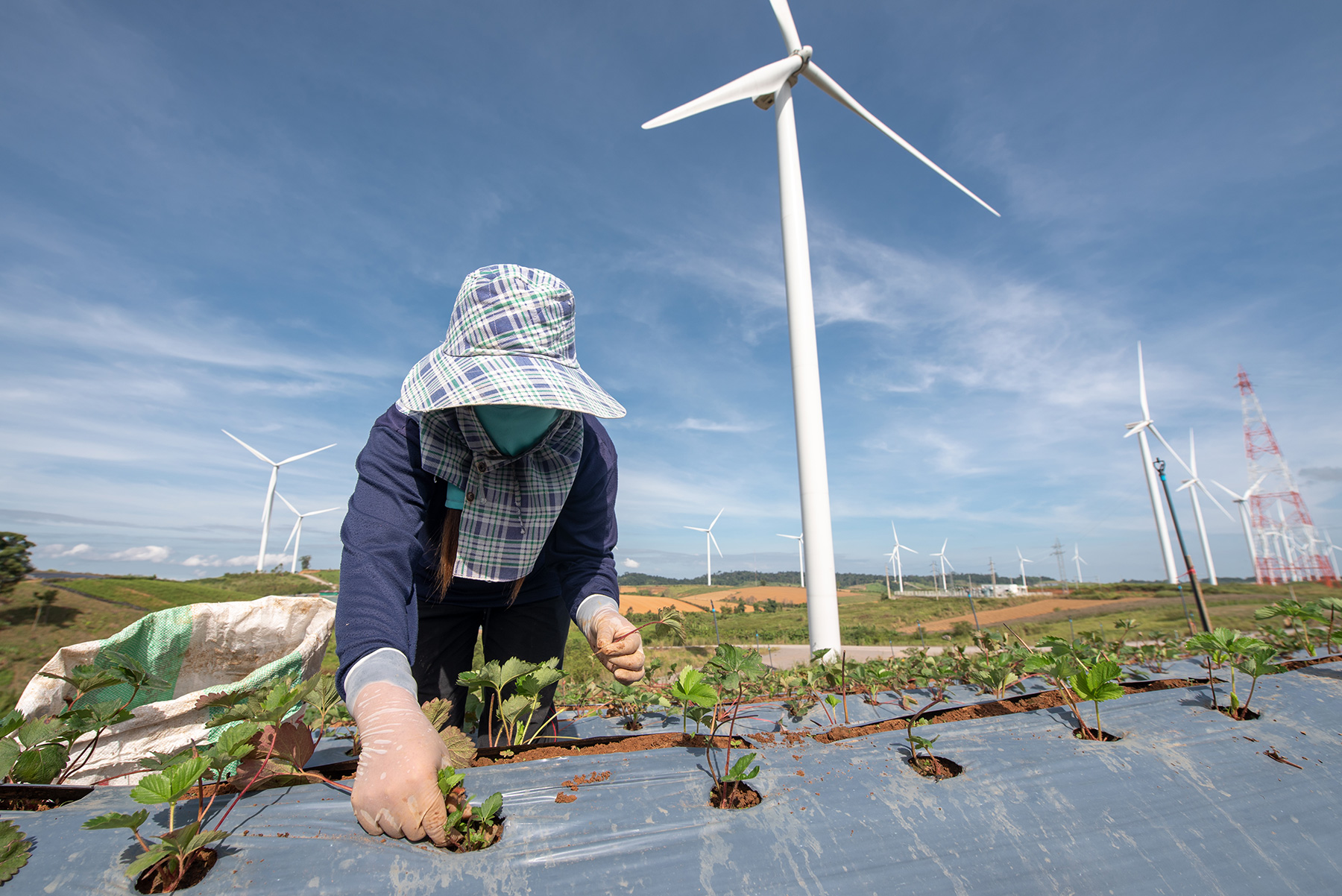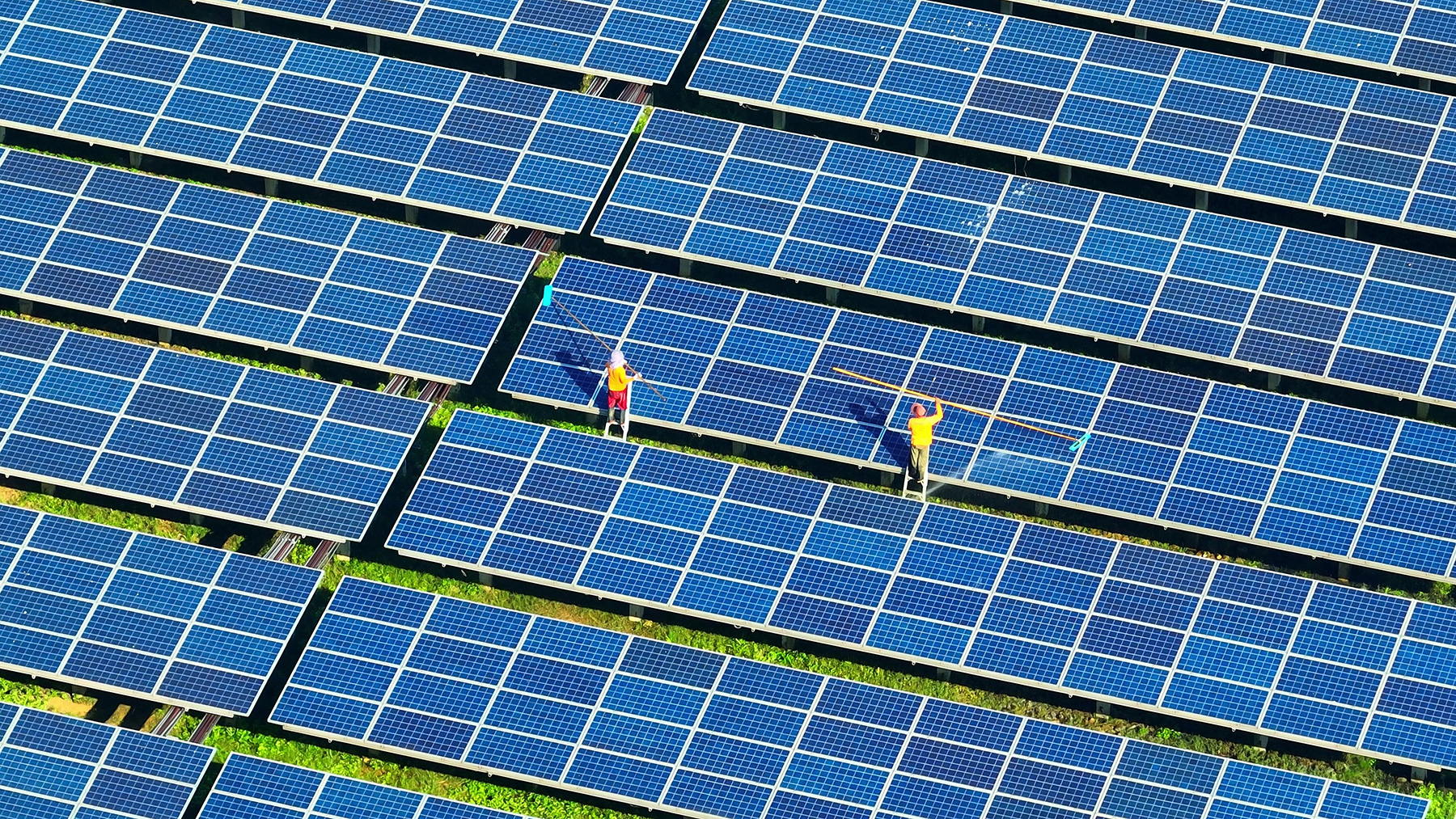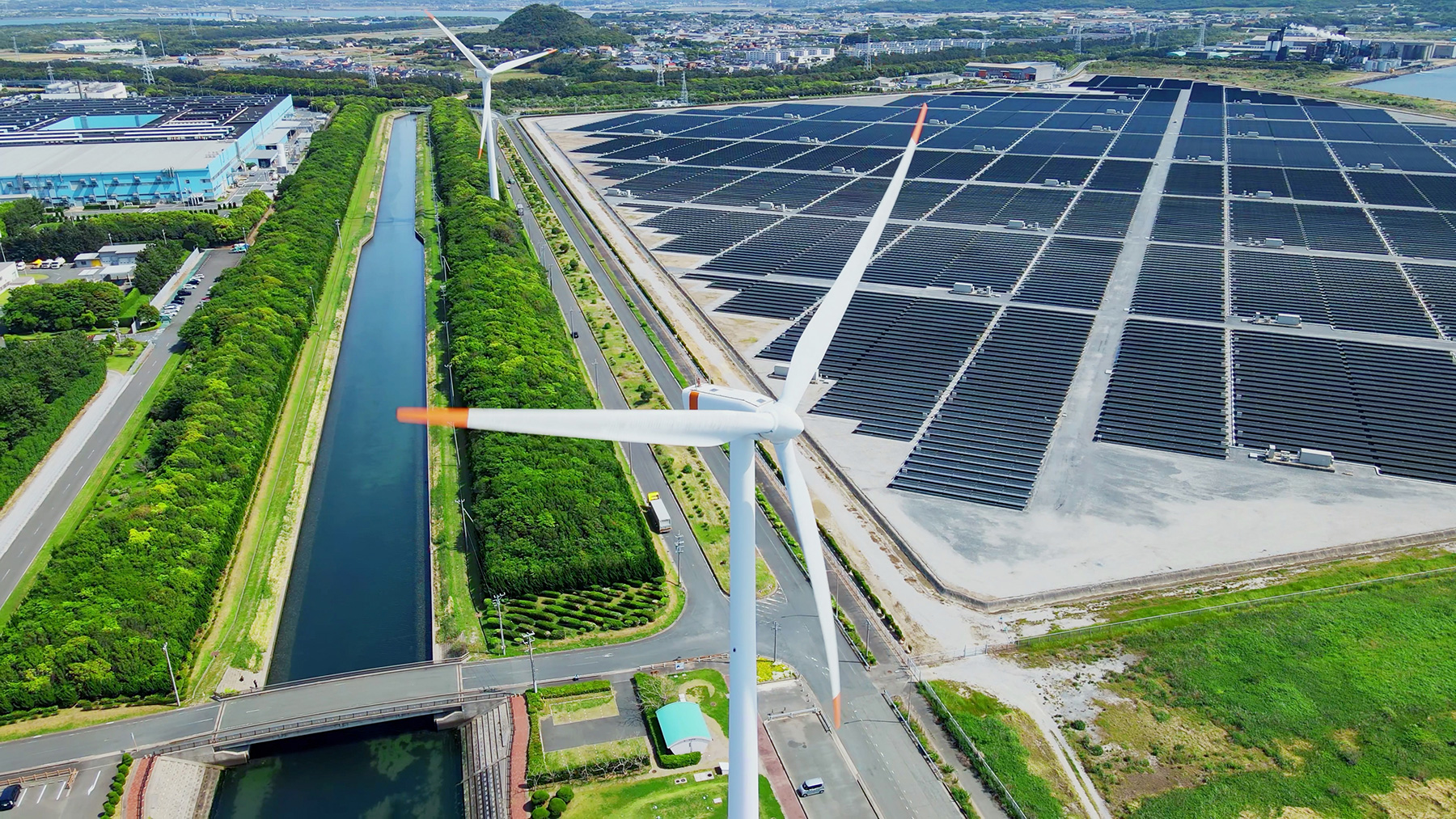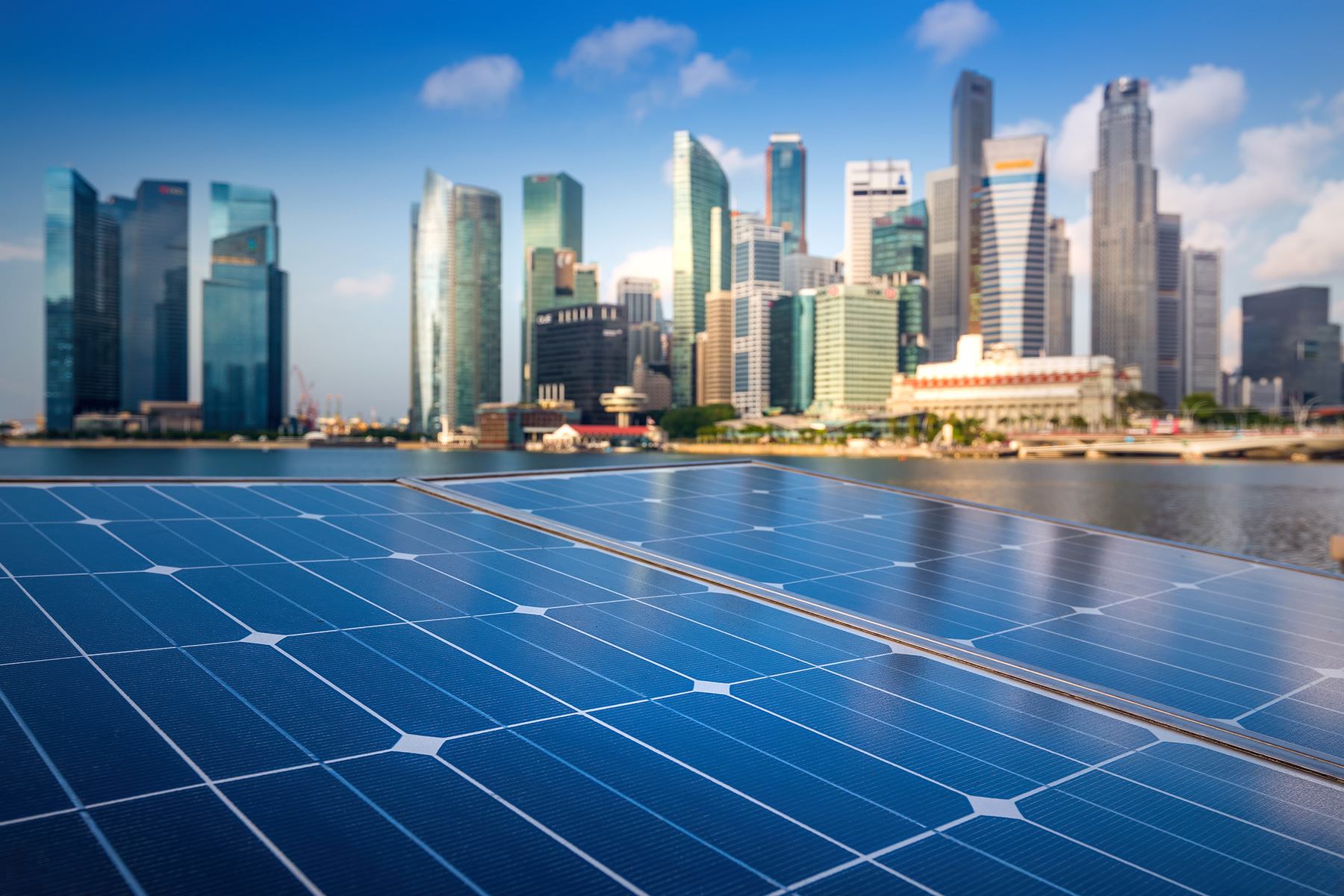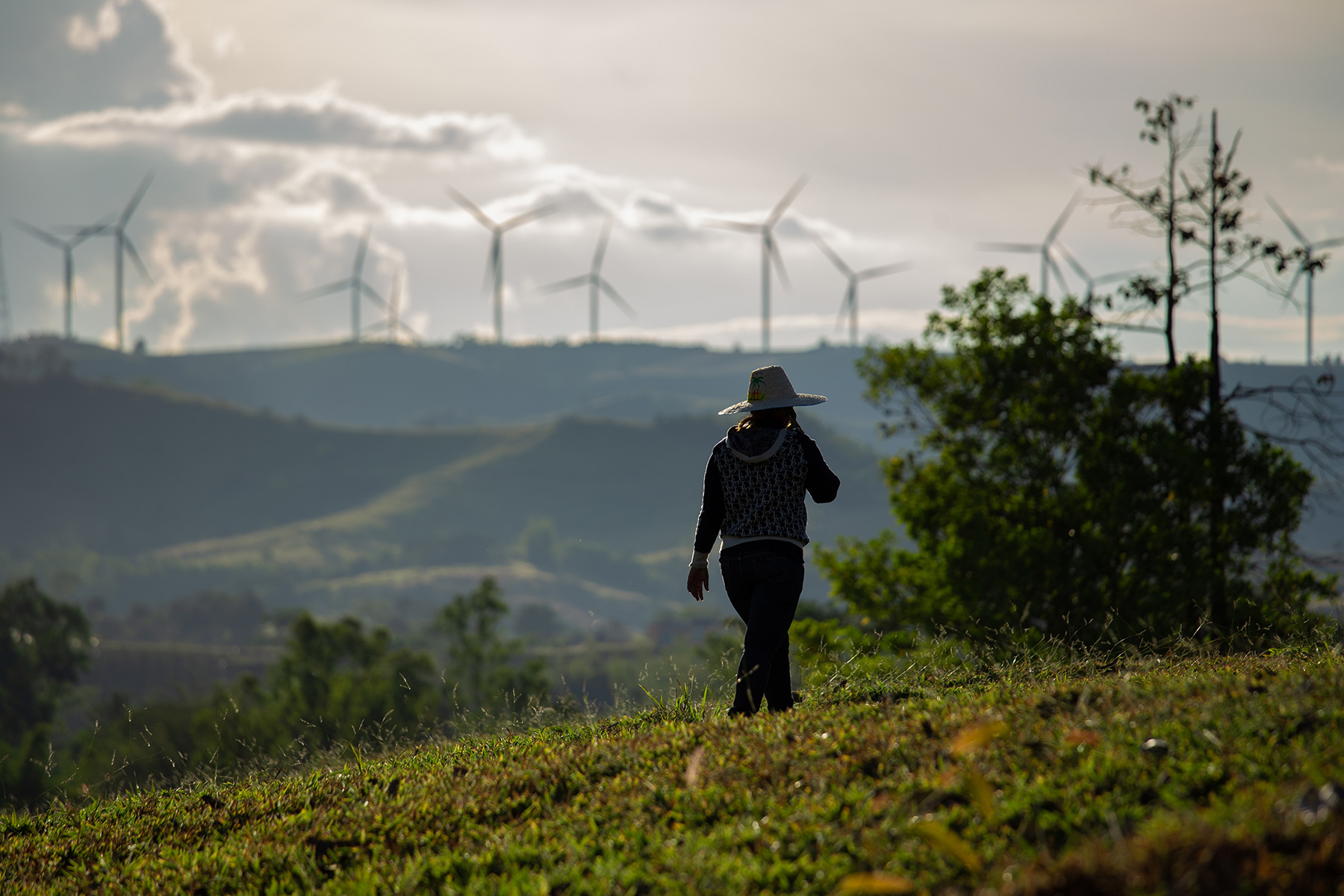Engaging corporates to take bold steps towards net-zero
As major energy consumers, corporations play a pivotal role in driving demand for renewable energy, a critical piece in solving the energy transition challenge in Asia. The good news is that across the region, there is a significant and growing appetite to invest in clean energy, with an estimated $1.3 trillion in investments in renewable energy generation expected by 2030 – double that of the previous decade.
Our partners are engaging across multiple sectors, supporting businesses to take the bold steps necessary towards net-zero targets. This includes advising corporations on how to measure and disclose their emissions data, adopt renewable energy targets, and develop internal roadmaps to achieve their commitments. Additionally, they are working closely with forward-thinking corporate leaders and policymakers to create an enabling environment that makes it easier for corporations to buy renewable energy and meet their net-zero goals.

Formed in 2022, the Asia Clean Energy Coalition (ACEC) is a regional platform which aims to unblock policy and provide a more rapid path to corporate clean energy procurement in Asia.
Launched by The Climate Group, Global Wind Energy Council and World Resources Institute (WRI) and with Amazon, Apple, Cisco, Google, Meta, Nike, Samsung Electronics, Ingka Group (largest IKEA franchisee), Orsted, Enel Green Power, Iberdrola, Mainstream Renewable Power and Sembcorp as founding members, ACEC convenes a coalition of world-leading Asian renewable energy buyers, in collaboration with sellers and financiers in key Asian national and regional markets.
For governments across Asia seeking capital investment, energy security, and sustainable economic growth, ACEC provides strategic advice based on real demands, and guidance informed by regional and international best practice. For non-government actors seeking to promote renewable electricity in Asia, ACEC is an expert hub for strategic communications and policy coordination, helping to maximise impact.
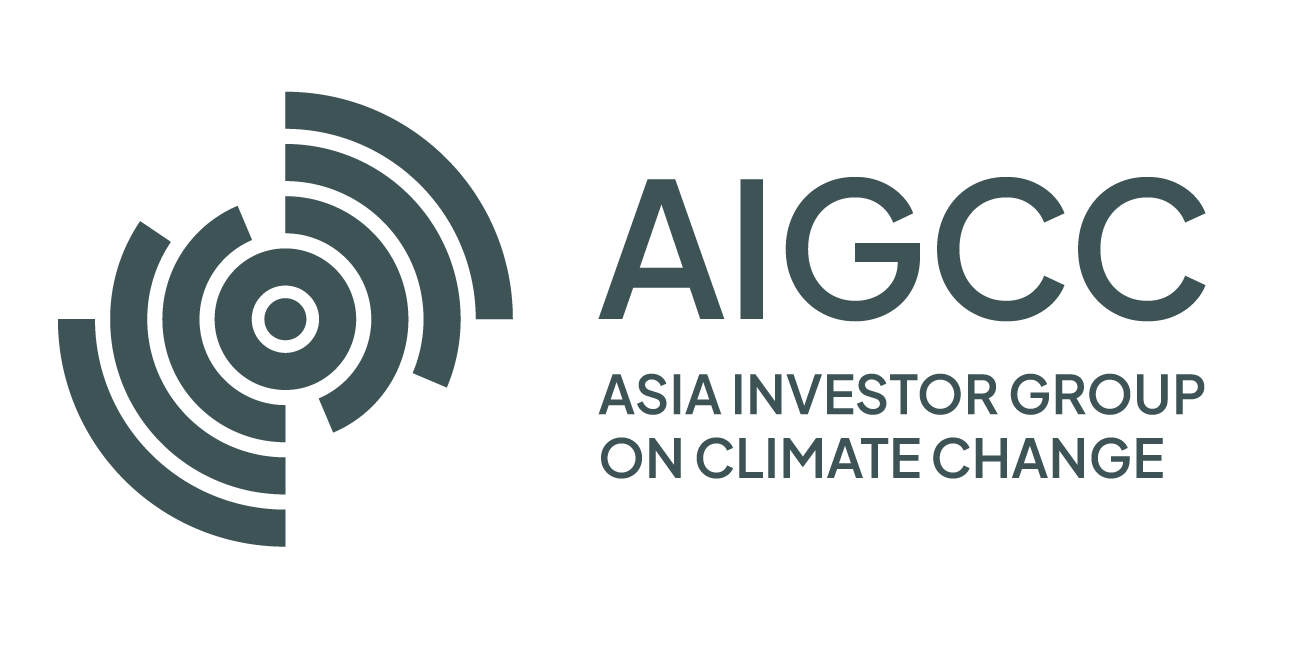
The Asia Investor Group on Climate Change (AIGCC) is a leading network of institutional investors in Asia, dedicated to mitigating climate risks and capitalising on the opportunities presented by the climate transition. AIGCC’s corporate engagement initiatives are central to its mission, focusing on fostering collaboration between investors and high-emission companies across the region. Through programs like Climate Action 100+ and the Asian Utilities Engagement Program (AUEP), AIGCC engages with major corporations to encourage the adoption of ambitious climate targets and the implementation of robust decarbonisation strategies. These engagements aim to align corporate actions with the 1.5°C climate goal, ensuring that companies are actively contributing to the global effort to reduce greenhouse gas emissions.
AIGCC launched AUEP in 2021 to increase the effectiveness of climate engagement in utility companies through five key investor expectations of climate governance, decarbonisation strategy and stress testing, transparency and disclosure, physical resilience and public policy. Through AUEP, AIGCC also facilitates active dialogues among policymakers, institutional investors, and corporates in selected markets on some of the challenging issues facing the electric utility industry. By directly engaging with companies via AUEP, investors will enhance their understanding of credible utility-sector transition mechanisms.
In addition to direct corporate engagement, AIGCC provides its investor members with resources and guidance to enhance their climate-related investment practices. This includes capacity-building initiatives such as working groups (thematic and market-based), peer-to-peer dialogues, and masterclasses, which equip investors with the knowledge and tools necessary to assess and manage climate risks within their portfolios. By promoting the integration of climate considerations into investment decision-making, AIGCC supports the broader objective of directing capital towards sustainable and low-carbon opportunities.

